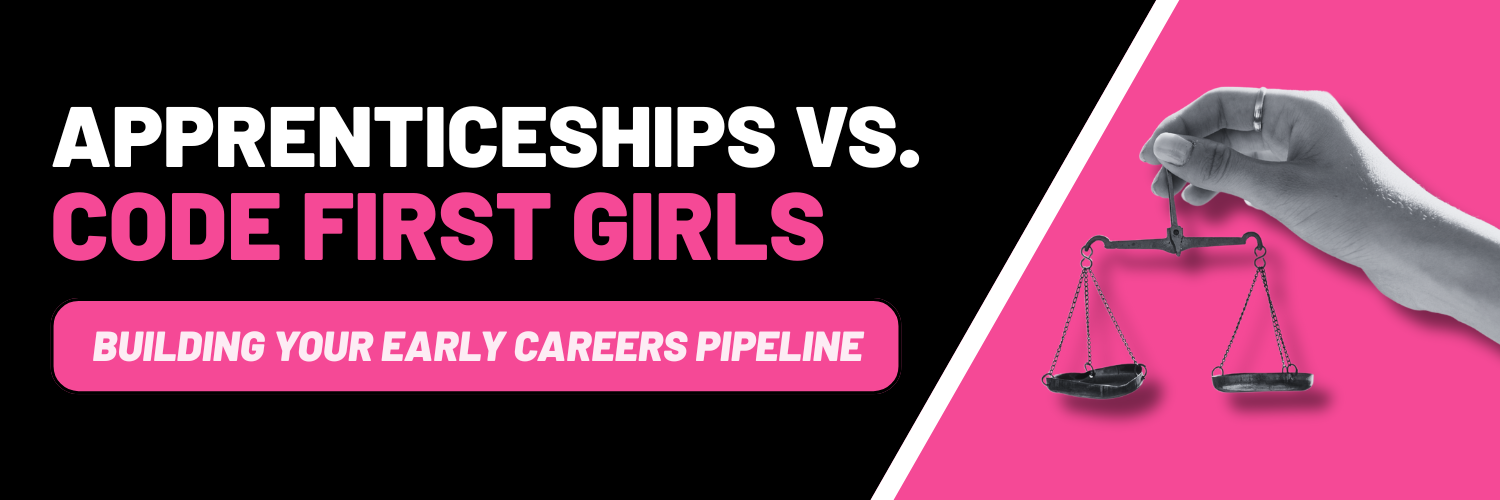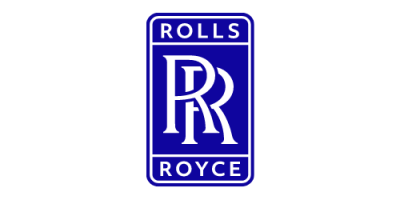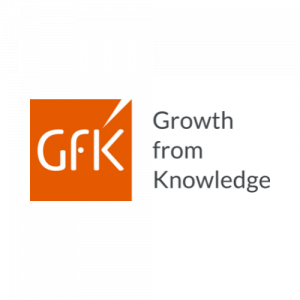
Content Menu
Apprenticeships vs Code First Girls: Building your early careers pipeline
When it comes to building a strong early-careers tech talent pipeline, many UK organisations look to apprenticeships. Thanks to the UK’s apprenticeship levy, apprenticeships provide a government-funded opportunity to develop early-career talent through structured, on-the-job training.
At Code First Girls (CFG), we recognise the important role apprenticeships play and have many clients who highly value them. However, we also know there’s another way to grow tech talent – one that offers flexibility, faster time to productivity, and tailored skills development. This blog explores how apprenticeships and Code First Girls differ, helping you make the right choice for your organisation’s early careers and tech hiring needs.
Apprenticeships and the Levy
Apprenticeships have long been a cornerstone of UK workforce development and have traditionally been an important gateway for school leavers who do not choose the universty route. Through the apprenticeship levy, organisations contribute to a government fund they can draw on to support apprenticeship programmes, often at little to no direct cost. However, despite this funding being available, only around 4% of UK employers fully utilise their apprenticeship levy each year, and since 2017 over £3.5 billion of unspent levy funds have been returned to the UK Treasury, highlighting a significant underuse of this resource.
It’s worth noting that approximately £2 billion of apprenticeship levy funding is spent annually on general leadership and management training, which may not always address the urgent digital skills shortages organisations face today.
Many clients appreciate apprenticeships for their structure, formal qualifications, and the opportunity to support new talent from the ground up. That said, some common challenges arise around the current rigidity of apprenticeship programmes, which can take 12 to 36 months to complete. The levy funding rules also require significant administrative oversight and limit flexibility in delivering highly targeted or shorter-term tech training.
CFG offers a different solution
Code First Girls is designed to complement traditional apprenticeships by focusing on rapid upskilling and reskilling, often in areas where digital skills shortages are most acute. Our programmes serve early-career talent, career switchers, and existing employees looking to grow in tech roles.
While the national apprenticeship achievement rate stands at around 54.6%, indicating room for improvement in completion and outcomes, CFG’s flexible model enables faster deployment and greater inclusivity, helping learners progress quickly and effectively. We deliver targeted, business-aligned training across high-demand areas, including software and data engineering, cyber security, AI, and data science. Our clients highlight the value of CFG’s scalable approach, which enables quicker time to productivity compared to longer apprenticeship routes.
Comparing Apprenticeships & CFG
1. Speed to market
- Apprenticeships: In the UK, software engineering apprenticeship lengths vary by level. Level 3 programmes typically run 15–18 months, while Level 4 apprenticeships last 16–24 months. Level 6 degree apprenticeships take 3–4 years. Shorter courses focus on coding skills, while longer ones combine professional training with a degree.
- Code First Girls: Has a speed to market of 24–28 weeks, from initial engagement to candidates being ready for technical roles. In comparison, UK software engineering apprenticeships typically take 15 months to 4 years depending on the level. CFG’s model delivers training in a condensed timeframe, covering the skills and technologies required by employers, offering an alternative option to longer apprenticeship pathways for developing software engineering talent.
2. Completion rates
- Apprenticeships: The overall apprenticeship achievement rate in the 2023–24 academic year stood at 60.5%, up from 54.3% the previous year. Software engineering falls under the STEM sector, which achieved an overall apprenticeship achievement rate of 61.8% in 2023–24.
- Code First Girls: CFG’s completion rates for job-aligned courses consistently exceed 85–90%, particularly among underrepresented groups in tech.
3. Diversity and inclusion
- Apprenticeships: Attract candidates from a wide range of backgrounds, with participation from women, ethnic minorities, people with disabilities, and individuals from diverse regions across the UK.
- Code First Girls: 100% women and non-binary talent, with a strong representation of ethnic minorities, career changers, and those outside the London bubble.
4. Scalability
- Apprenticeships: Often tied to levy contributions, complex eligibility and lengthy onboarding processes.
- Code First Girls: No levy required. Businesses sponsor cohorts or hire from CFG’s ready-to-work talent pool—scaling up or down as needed.
5. Curriculim
- Apprenticeships: Often mapped to rigid national frameworks that can lag behind real-world tech trends.
- Code First Girls: Industry-informed curriculum that evolves rapidly to meet current needs – AI is embedded, cyber is core, and new tech stacks are introduced as they emerge.
When to choose apprenticeships or Code First Girls
Apprenticeships remain a great choice for organisations able to invest in longer-term, formal development programmes backed by levy funding. They offer the structure and certification that some employers and learners seek.
Code First Girls is an excellent choice for organisations facing urgent skills gaps or those looking to quickly upskill or reskill early-career talent and existing employees. Our approach is especially suited to building diverse, inclusive teams with the specific tech capabilities needed today, and in the future.
Many clients successfully use both approaches side-by-side as part of a balanced talent development strategy, addressing both immediate and short-term hiring or upskilling needs as well as longer deployment, multi-year training plans.
The reformed Growth and Skills Levy
The newly introduced Growth and Skills Levy, announced by the Labour government in 2025, marks a significant shift from the previous apprenticeship levy model. Designed to provide employers with more flexibility, the new system will allow businesses to allocate a portion of their levy contributions to shorter, job-relevant training programmes, not just traditional apprenticeships.
This reform is a step forward for organisations seeking more agile and business-aligned upskilling solutions, especially in fast-moving sectors like technology.
At Code First Girls, we’re excited about what this means for our clients. With the new levy model, we hope that organisations will be able to channel funding into diverse, inclusive, and targeted programmes that align closely with their workforce transformation goals: whether that’s building new tech teams, reskilling existing staff, or improving gender and socio-economic diversity in the industry. Additionally, ensuring that businesses can remain agile and adaptable to new or quickly evolving technologies and tech landscapes, such as AI and cyber security.
The bottom line: Harnessing flexible training for success
In summary, apprenticeships remain a vital part of the UK’s early careers ecosystem. Code First Girls offers a complementary, flexible, and targeted route to building tech talent that many organisations find invaluable, especially when speed, inclusivity, and specific skills matter.
We encourage tech and HR leaders to consider both options as part of a forward-thinking strategy for early careers and talent development.




















